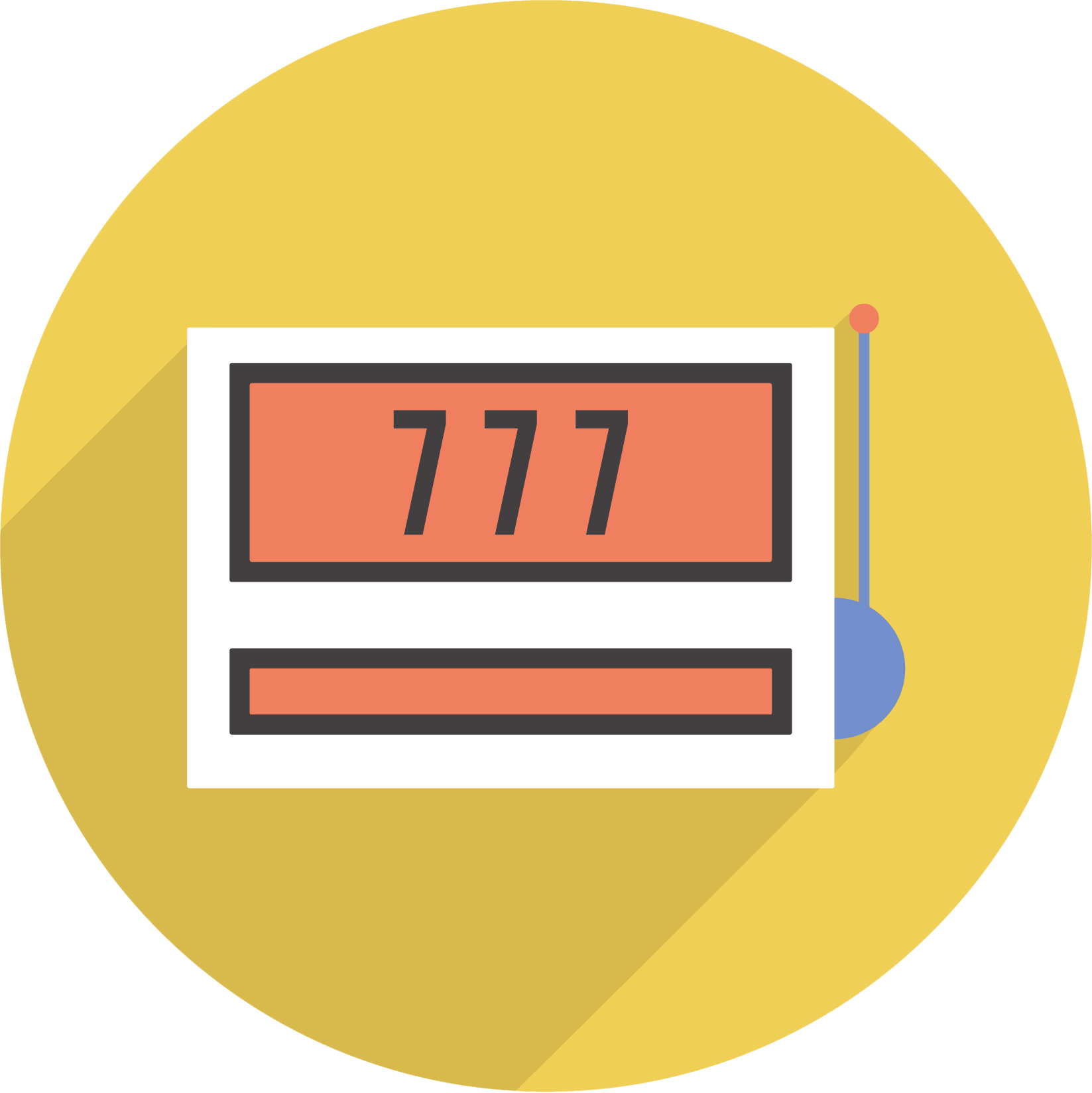10 Meetups About Personal Injury Compensation You Should Attend
페이지 정보
작성자 Tammi 작성일 24-04-13 04:52 조회 7 댓글 0본문
How a Personal Injury Lawsuit Works
Whether you are a victim of a car accident or personal injury Law Firms slip and fall, or defective product, a personal injury lawsuit can help you get the compensation you deserve.
A personal injury lawsuit can be filed against any entity that has violated a legal duty of care.
The plaintiff will seek compensation for the injuries they have sustained, including medical bills, lost income, and pain and suffering.
Statute of Limitations
You have the legal right to file a personal injuries lawsuit against someone who has caused you harm due to their negligence or deliberate act. This is known as a "claim." However the statute of limitations limit your time frame to make a claim.
Each state has a statute of limitations, which sets the time frame for the time you can make an action. The typical timeframe is two years, however some states have shorter deadlines for specific types of cases.
The statute of limitations is a crucial element of the legal process because it permits individuals to settle civil cases in a timely way. It also prevents claims from lingering forever which can cause major frustration for those who have suffered injury.
Generally speaking, the statute of limitations for personal injury claims is generally three years from the date of the injury or accident that triggered the suit. Although there are some exceptions to the general rule that may be confusing without the help of a knowledgeable lawyer, they are generally simple to grasp.
The discovery rule is an exception to the statute of limitations. It states that the statute of limitations will not expire until the person who is injured realizes that their injuries were caused or aggravated through a negligent act. This is applicable to a variety of lawsuits which include medical malpractice, personal injury and wrongful death lawsuits.
This means that should you file a suit against a negligent driver more than three years after the accident, it will likely be dismissed. This is because the law requires that you take complete responsibility for your health and well-being.
The three-year personal injury statute does not apply to those who are legally incapacitated or incompetent. This means they are unable to make legal decisions on their own. This is a specific case and it's recommended to discuss your personal injury case with an attorney as soon as possible to ensure that the deadline is not surpassed.
In certain situations the statute of limitation may be extended by a judge or jury. This is especially relevant in cases of medical negligence in which it is difficult to prove that the doctor was negligent.
Complaint
The filing of an accusation is the primary step in any personal injury lawsuit. The complaint document will outline your claims, the at-fault party's liability and how much money you'd like to seek in damages. The document will be prepared by your Queens personal injury lawyer and filed with the appropriate courthouse.
The complaint consists of numbered statements that define the court's authority to hear your case, outline the legal theories behind the allegations, and outline the facts pertinent to your case. This is an essential part of your case as it is the basis for your arguments and assists jurors in understanding the facts.
Your lawyer will start with "jurisdictional allegations" in the first paragraph of the personal injury lawsuit. These allegations will tell the judge where you are seeking to sue and will often contain the court's rules or state statutes that allow you to do so. These allegations assist the judge to determine whether the court has authority to consider your case.
The attorney will then address a variety of facts that pertain to the accident, such as the date and time you were injured. These details are essential to your case because they form the foundation for your argument on the defendant's negligence and , consequently, the liability.
Your personal injury law firms injury lawyer could add additional cases based on the nature and the extent of the claim. This could include breaching a contract, violation , or any other claims that you might have against the defendant.
Once the court receives a copy of the complaint, it will send an order to the defendant informing the defendant know that you're suing and that they've got a certain amount of time to reply to the suit. Otherwise, the defendant could be dismissed from the case.
Then, your attorney will begin a discovery procedure that involves gathering evidence from the defendant. This could include depositions in which the defendant is asked questions under the oath.
Your case will then move into a trial phase, where a jury will decide the amount you will be awarded. Your personal injury lawyer will be able to present evidence during the trial , and the jury will make a final decision regarding your damages.
Discovery
Discovery is an essential process in any personal injury case. This includes gathering and analyzing all evidence that can be found, including witness statements police reports, medical bills, and other relevant information. It is important for your lawyer to obtain the information as quickly as they can so they can construct a strong case for you and defend you in the courtroom.
During discovery in discovery, both sides are required to give their answers in writing, and under the oath. This prevents surprises later during the trial.
This could be a lengthy and challenging process, but it's crucial for your lawyer to thoroughly prepare you for trial. This allows them to build an argument that is stronger, and determine which evidence can be thrown out of court.
The first step in the discovery process is to exchange all relevant documents. This includes all relevant medical documents, reports, photographs and other documentation relating to your injury.
Attorneys from both sides are allowed to request specific information from the other side. This includes medical records, police reports and accident reports.
These documents are vital to your case and can be used by your attorney to establish that the defendant was responsible for your injuries. These documents also can show the extent of your medical treatment and the length of time you were off work due to injuries.
Your attorney may request that the opposing party admit certain facts during this stage. This will help them reduce time and costs during trial. For instance, if you are suffering from an injury prior to the time of trial it is possible to disclose this in advance so that your attorney can be prepared.
Depositions are an additional aspect of the discovery process. They require witnesses to give testimony under oath about the incident and their roles in the lawsuit. This is usually the most difficult part of discovery because it can require a lot and time from both sides.
During discovery, the at-fault party's insurance company might offer to settle the claim for a fair amount before the trial takes place in the court. Although this is a common way to avoid wasting money and time at trial but it's not a sure thing. Your lawyer will give you an opinion on whether the settlement offer is fair and help you determine the most effective way to proceed.
Trial
After being injured in an accident the personal injury trial is the most common type. This is when your case is presented to a judge or jury. The judge will decide if the defendant (the one who caused your injuries) is legally responsible for your losses and in the event that they do, the amount.
Your attorney will present your case to the jury or judge during the course of a trial. The jury will decide if the defendant should be held responsible for your injuries or damages. The defense on the other hand, will present their side of the story and attempt to explain why they shouldn't be held accountable for the injury.
The trial process usually starts with the attorneys of each side giving opening statements and then interviewing potential jurors to determine who will be competent to decide your case. After the opening statements have been made, the judge provides instructions to the jurors on what they should do before making their decision.
The plaintiff will present evidence at trial including witnesses, that supports their claims. The defendant will, on the other hand, will present evidence to disprove those claims.
Each side files motions before trial. These are formal requests to the court to make specific requests. Motions may request for specific pieces of evidence or an order requiring the defendant to submit to an examination.
After your trial the jury will then discuss your case and decide on the basis of the evidence. If you win the trial, the jury will award you money for your damages.
If you lose you will lose your opponent the opportunity to file an appeal. This could take a few months or even years. It is a smart idea to think ahead and act immediately to safeguard your rights if you notice that your lawsuit is headed towards trial.
The entire process of a trial can be extremely stressful and costly. It is essential to remember that you can avoid trial by settling your case quickly and in a fair manner. A experienced personal injury law firms injury lawyer can assist you in navigating the legal process and ensure that you receive compensation for your losses as quickly as you can.
Whether you are a victim of a car accident or personal injury Law Firms slip and fall, or defective product, a personal injury lawsuit can help you get the compensation you deserve.
A personal injury lawsuit can be filed against any entity that has violated a legal duty of care.
The plaintiff will seek compensation for the injuries they have sustained, including medical bills, lost income, and pain and suffering.
Statute of Limitations
You have the legal right to file a personal injuries lawsuit against someone who has caused you harm due to their negligence or deliberate act. This is known as a "claim." However the statute of limitations limit your time frame to make a claim.
Each state has a statute of limitations, which sets the time frame for the time you can make an action. The typical timeframe is two years, however some states have shorter deadlines for specific types of cases.
The statute of limitations is a crucial element of the legal process because it permits individuals to settle civil cases in a timely way. It also prevents claims from lingering forever which can cause major frustration for those who have suffered injury.
Generally speaking, the statute of limitations for personal injury claims is generally three years from the date of the injury or accident that triggered the suit. Although there are some exceptions to the general rule that may be confusing without the help of a knowledgeable lawyer, they are generally simple to grasp.
The discovery rule is an exception to the statute of limitations. It states that the statute of limitations will not expire until the person who is injured realizes that their injuries were caused or aggravated through a negligent act. This is applicable to a variety of lawsuits which include medical malpractice, personal injury and wrongful death lawsuits.
This means that should you file a suit against a negligent driver more than three years after the accident, it will likely be dismissed. This is because the law requires that you take complete responsibility for your health and well-being.
The three-year personal injury statute does not apply to those who are legally incapacitated or incompetent. This means they are unable to make legal decisions on their own. This is a specific case and it's recommended to discuss your personal injury case with an attorney as soon as possible to ensure that the deadline is not surpassed.
In certain situations the statute of limitation may be extended by a judge or jury. This is especially relevant in cases of medical negligence in which it is difficult to prove that the doctor was negligent.
Complaint
The filing of an accusation is the primary step in any personal injury lawsuit. The complaint document will outline your claims, the at-fault party's liability and how much money you'd like to seek in damages. The document will be prepared by your Queens personal injury lawyer and filed with the appropriate courthouse.
The complaint consists of numbered statements that define the court's authority to hear your case, outline the legal theories behind the allegations, and outline the facts pertinent to your case. This is an essential part of your case as it is the basis for your arguments and assists jurors in understanding the facts.
Your lawyer will start with "jurisdictional allegations" in the first paragraph of the personal injury lawsuit. These allegations will tell the judge where you are seeking to sue and will often contain the court's rules or state statutes that allow you to do so. These allegations assist the judge to determine whether the court has authority to consider your case.
The attorney will then address a variety of facts that pertain to the accident, such as the date and time you were injured. These details are essential to your case because they form the foundation for your argument on the defendant's negligence and , consequently, the liability.
Your personal injury law firms injury lawyer could add additional cases based on the nature and the extent of the claim. This could include breaching a contract, violation , or any other claims that you might have against the defendant.
Once the court receives a copy of the complaint, it will send an order to the defendant informing the defendant know that you're suing and that they've got a certain amount of time to reply to the suit. Otherwise, the defendant could be dismissed from the case.
Then, your attorney will begin a discovery procedure that involves gathering evidence from the defendant. This could include depositions in which the defendant is asked questions under the oath.
Your case will then move into a trial phase, where a jury will decide the amount you will be awarded. Your personal injury lawyer will be able to present evidence during the trial , and the jury will make a final decision regarding your damages.
Discovery
Discovery is an essential process in any personal injury case. This includes gathering and analyzing all evidence that can be found, including witness statements police reports, medical bills, and other relevant information. It is important for your lawyer to obtain the information as quickly as they can so they can construct a strong case for you and defend you in the courtroom.
During discovery in discovery, both sides are required to give their answers in writing, and under the oath. This prevents surprises later during the trial.
This could be a lengthy and challenging process, but it's crucial for your lawyer to thoroughly prepare you for trial. This allows them to build an argument that is stronger, and determine which evidence can be thrown out of court.
The first step in the discovery process is to exchange all relevant documents. This includes all relevant medical documents, reports, photographs and other documentation relating to your injury.
Attorneys from both sides are allowed to request specific information from the other side. This includes medical records, police reports and accident reports.
These documents are vital to your case and can be used by your attorney to establish that the defendant was responsible for your injuries. These documents also can show the extent of your medical treatment and the length of time you were off work due to injuries.
Your attorney may request that the opposing party admit certain facts during this stage. This will help them reduce time and costs during trial. For instance, if you are suffering from an injury prior to the time of trial it is possible to disclose this in advance so that your attorney can be prepared.
Depositions are an additional aspect of the discovery process. They require witnesses to give testimony under oath about the incident and their roles in the lawsuit. This is usually the most difficult part of discovery because it can require a lot and time from both sides.
During discovery, the at-fault party's insurance company might offer to settle the claim for a fair amount before the trial takes place in the court. Although this is a common way to avoid wasting money and time at trial but it's not a sure thing. Your lawyer will give you an opinion on whether the settlement offer is fair and help you determine the most effective way to proceed.
Trial
After being injured in an accident the personal injury trial is the most common type. This is when your case is presented to a judge or jury. The judge will decide if the defendant (the one who caused your injuries) is legally responsible for your losses and in the event that they do, the amount.
Your attorney will present your case to the jury or judge during the course of a trial. The jury will decide if the defendant should be held responsible for your injuries or damages. The defense on the other hand, will present their side of the story and attempt to explain why they shouldn't be held accountable for the injury.
The trial process usually starts with the attorneys of each side giving opening statements and then interviewing potential jurors to determine who will be competent to decide your case. After the opening statements have been made, the judge provides instructions to the jurors on what they should do before making their decision.
The plaintiff will present evidence at trial including witnesses, that supports their claims. The defendant will, on the other hand, will present evidence to disprove those claims.
Each side files motions before trial. These are formal requests to the court to make specific requests. Motions may request for specific pieces of evidence or an order requiring the defendant to submit to an examination.
After your trial the jury will then discuss your case and decide on the basis of the evidence. If you win the trial, the jury will award you money for your damages.
If you lose you will lose your opponent the opportunity to file an appeal. This could take a few months or even years. It is a smart idea to think ahead and act immediately to safeguard your rights if you notice that your lawsuit is headed towards trial.
The entire process of a trial can be extremely stressful and costly. It is essential to remember that you can avoid trial by settling your case quickly and in a fair manner. A experienced personal injury law firms injury lawyer can assist you in navigating the legal process and ensure that you receive compensation for your losses as quickly as you can.
- 이전글 Консультация психолога в москве цена. Сайт по поиску психологов.
- 다음글 5 Reasons To Be An Online Iphone Headphone Shop And 5 Reasons Not To
댓글목록 0
등록된 댓글이 없습니다.







